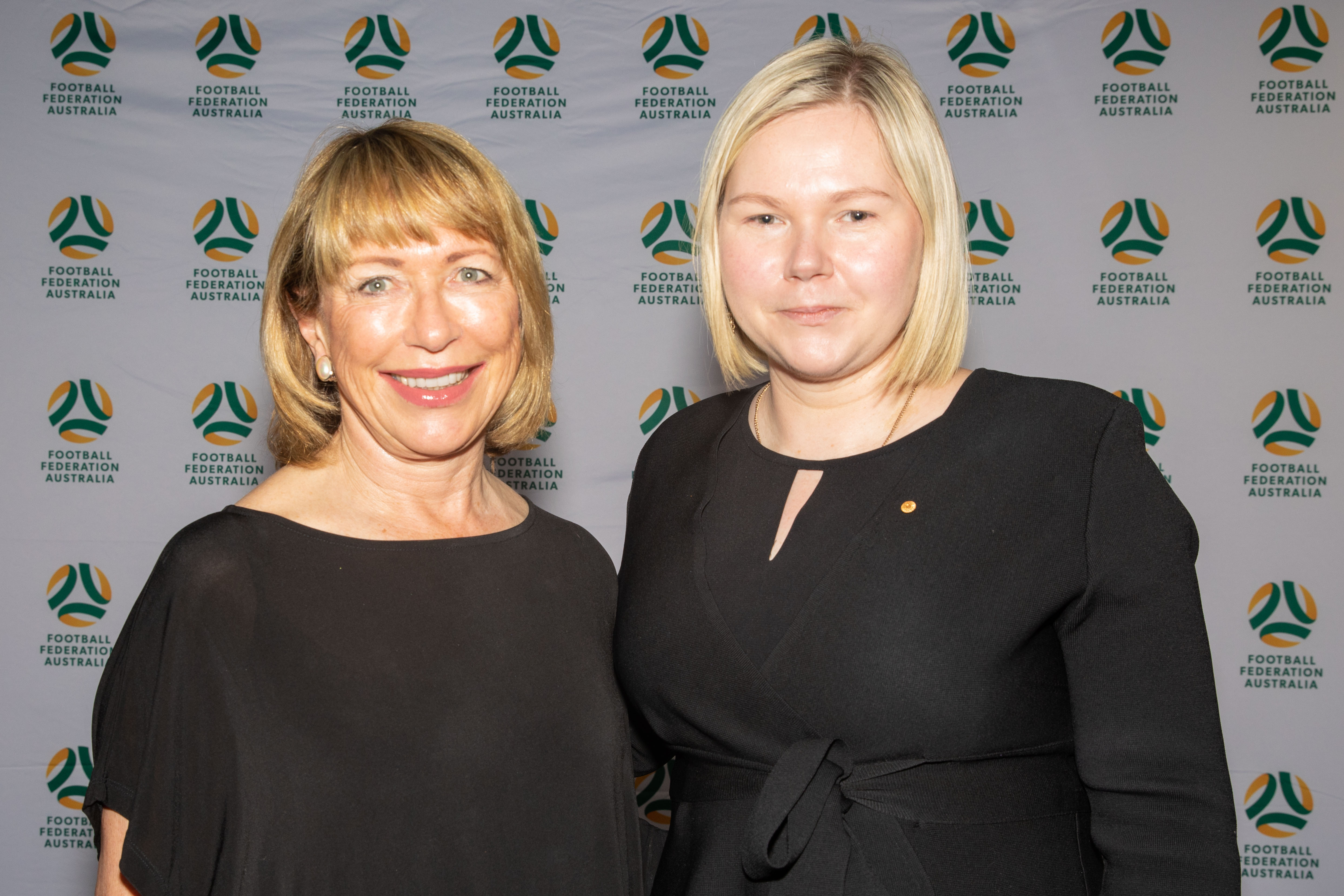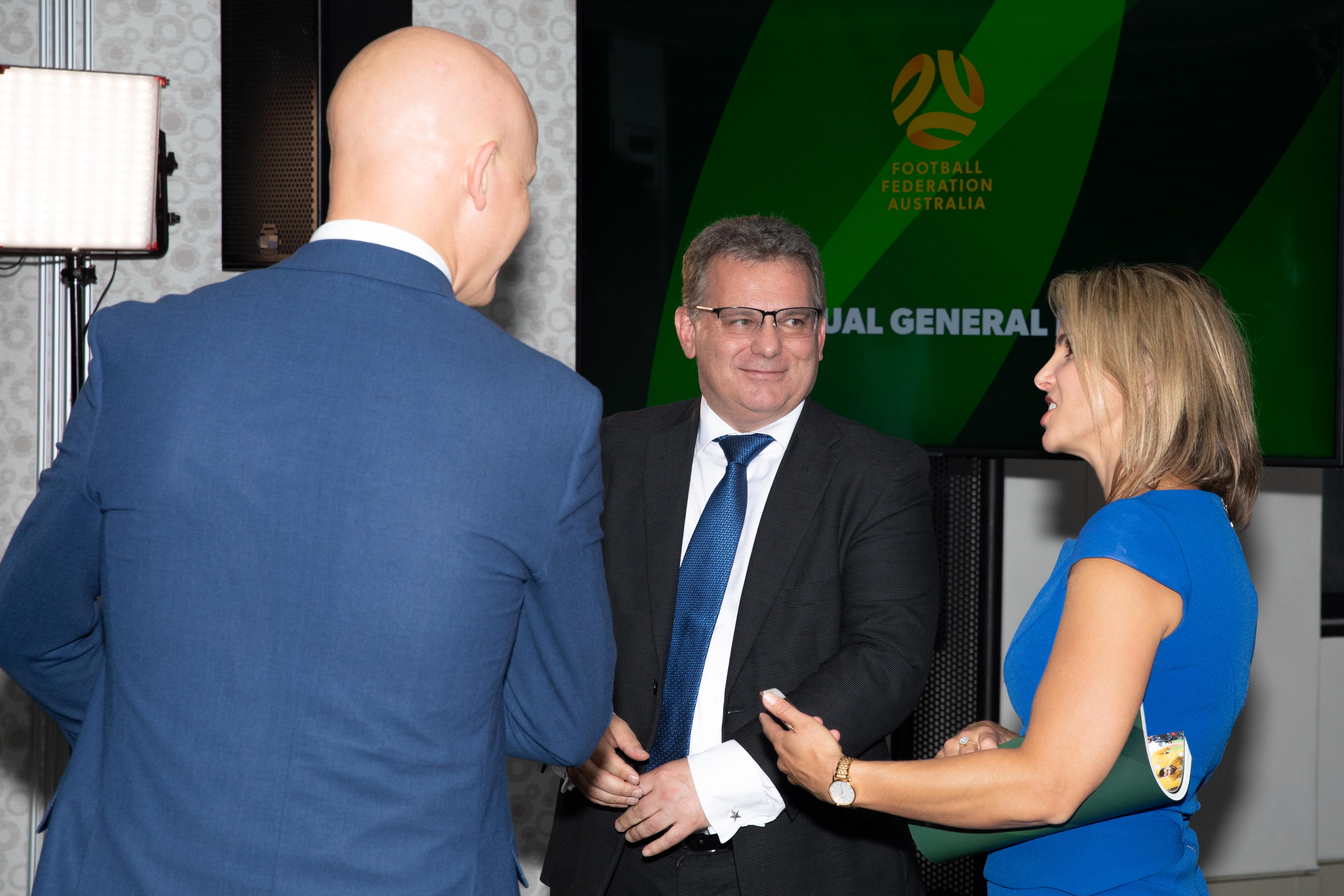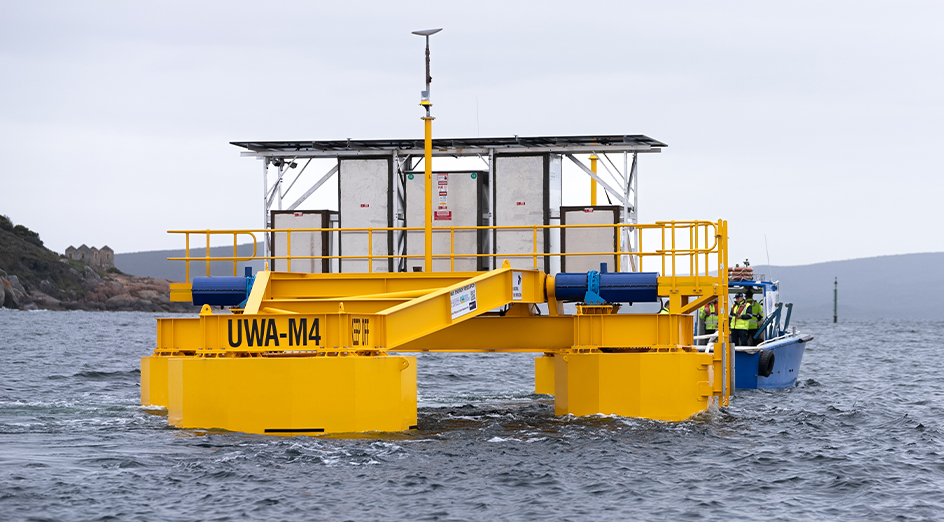Football Federation Australia (FFA) has released its Annual Review for 2019.
The review (available in PDF format ) provides an insight to the FFA’s strategy, achievements, challenges, operations and finances for the past 12 months.
FFA Chairman Chris Nikou said the year has been full of challenge and change, highlighted by the structural reforms that were promised in 2018.
“The structural reform was a painstaking one, however it was well worth the hard work, as it gives more stakeholders a voice in the game they love,” Nikou said.
“The separation of the FFA from the professional leagues into two separate but allied entities will allow both to concentrate on what they do best.
“We stand ready to work with the Hyundai A-League and Westfield W-League clubs to maximise the potential of our domestic competitions.
“For FFA, our focus is clear. To nurture and produce the finest national teams to represent us on the world stage and give them every opportunity to succeed. We will also work hard to enrich and enhance the game at the grassroots level and ensure the pathways to our national teams are available to everyone,” he said.

FFA Chief Executive Officer, Mr David Gallop AM said the 2019 Annual Review showed revenues flowing to the game have continued to be strong.
“The financial results for the year show total operating revenues reached $132.16 million, which was consistent with last year, Gallop said.
“An operating surplus of $44.04 million, was an increase on last year. This was distributed in grants of $43.6 million. After distributions, the operating result was a net surplus of $433,000,” he said.
The Annual Review also provides an insight into the FFA Strategic Plan which is designed to secure the long-term goal of making football the biggest and most popular sport in Australia. In the shorter term, the strategy seeks to increase revenue growth to enable FFA to do more, as well as significantly increase the fan base of the Hyundai A-League and the Westfield W-League.
Mr Gallop said within the strategic plan, the Leading Pillar seeks to build alignment and unity of purpose among the game’s key stakeholders in pursuit of common objectives.
“The commencement and progression of discussions to agree a new governance and operating model was a major focus for this year.
“We also saw significant funding commitments. In all, Member Federations received pre-election commitments from Federal and State Governments well in excess of $100 million.”
The Participation Pillar is focused on ensuring grassroots participants have a good experience in football, while inspiring families to become fans of the game.
“I am proud to say that football continues to be the number one sport in Australia. In 2019, football experienced unprecedented growth in participation numbers and there are now more than 1.8 million Australians participating in our sport, an increase of 13 per cent on the previous year.
“Our continued success in this area would not be possible without the commitment and enthusiasm of football’s club volunteers around Australia,” he said.

Mr Gallop said major commitments to invest in digital capability saw major growth across websites and apps for the Hyundai A-League and Westfield W-League clubs.
“The result of the investment in our digital capability also saw growth across all social media platforms over the past year. Instagram, the preferred platform for younger audiences, saw an outstanding year on year growth of 64 per cent,” he said.
Mr Gallop said the Hyundai A-League and Westfield W-League also achieved several landmarks throughout the year.
“For the first time, our strategic goal of having 50 per cent of participants supporting a Hyundai A-League club was achieved. In addition, we achieved record membership of Hyundai A-League clubs of 125,631 members, up six per cent on previous seasons,” he said.
The FFA’s Winning Pillar is focussed on development programs and competition opportunities which aims to increase the number of players within the pathway, increase the quantity of football hours and to improve the coaching environment.
Mr Gallop said this year, FFA engaged in a number of strategies to enhance the development of elite players and national teams for Australia.
“Coach development, High Performance Football Schools, FFA ³Ô¹ÏÍøÕ¾ Youth Championships and our ³Ô¹ÏÍøÕ¾ Premier Leagues all play an important part in our ecosystem and we will continue to work hard to ensure our next generation of footballers will strive for excellence on the world stage,” he said.
Mr Gallop confirmed he would leave FFA on 28 November and thanked the football community for their support over the past seven years.
“Football has changed a lot and achieved a lot over the last seven years. Even this week we have seen the responsibility to deal with issues carefully and react appropriately to the unexpected, ensuring that we always uphold the highest standards to protect the reputation of the game, its commercial partners and its many fans.
“Football is required as a business and a sport to keep its arms around a uniquely broad agenda – both domestically and globally.
“No sport can unite people and the diversity of the country like football. Be confident about what this sport is and what it can be. As the world gets smaller football will get bigger,” Gallop concluded.








